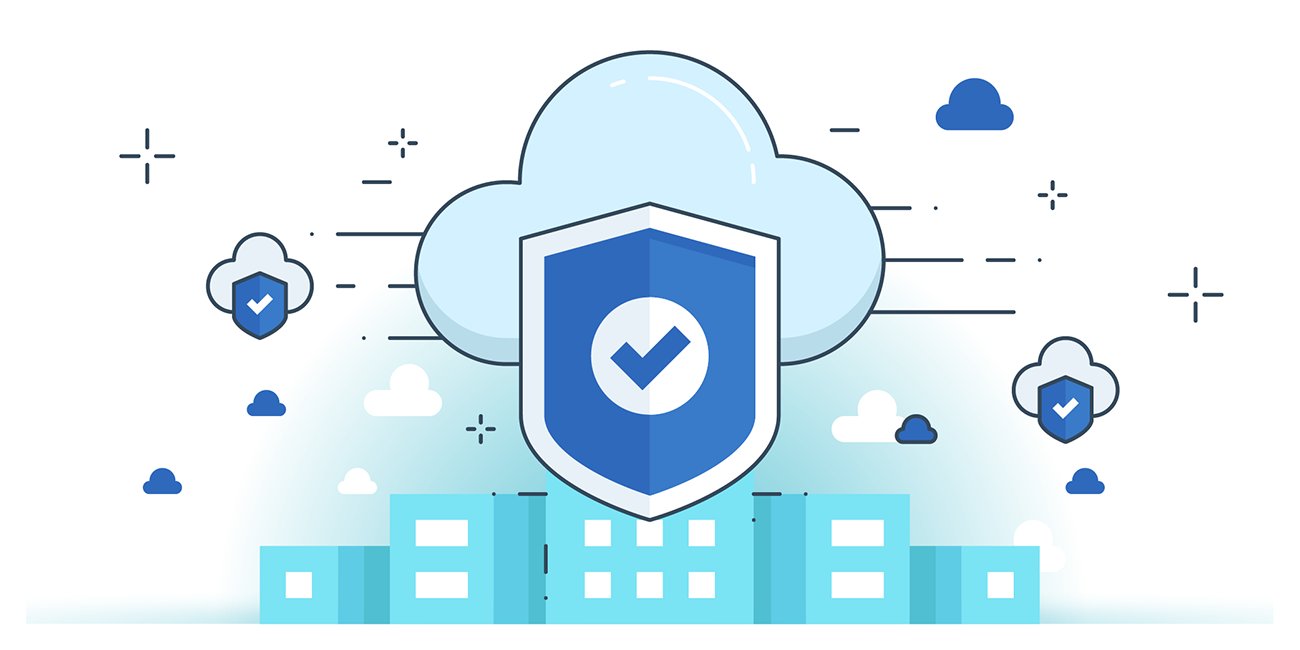
Data Centers and Cloud Security
In the current digital world, data centers and cloud security is a hot topic. Due to the rapid influx of technology in our lives, more companies are depending on cloud services to store and access their data, software, applications, and communications. With this increased reliance comes a huge responsibility to ensure secure data center access, storage practices, and authentication protocols. Companies must invest the necessary resources into security strategies to protect their valuable information from those that wish to do harm.
First off, understanding your responsibilities for protecting your data should be considered paramount to running a successful business. Start by understanding what Data Center Security is all about – it covers both physical and virtual elements for maintaining optimal levels of performance and protection for your information. Physical security encompasses surveillance measures such as 24/7 closed-circuit television (CCTV) systems, tracked visitor access logs and manned guard presence when applicable. Virtual elements include bulletproof encryption practices for transferring sensitive data such as corporate intellectual property (IP) and customer records; internal firewalls which are used to segment the server environment from external threats; user role restrictions which control who can access certain parts of the system; automated patches which update the software running on the system regularly and vulnerability scans which detect potential trouble spots before they cause problems. This layered approach enables organizations to limit unauthorized or malicious attempts at gaining access to corporate servers or crucial stored information.
Additionally, regulations must be followed concerning how long companies can hold onto citizens’ personal information without deleting or purging it from their systems – keeping track of these requirements is known as ‘data retention policies’. Such regulations vary by state/country so consulting local legal professionals would be best in determining any regulations required by either law or industry standard practice when engaging in these practices in your area – failure to comply could result in severe financial penalties or sanctions depending on jurisdiction authorities.
To some degree Cloud Security shares similar traits with traditional Data Centers but there are distinct differences which need addressed separately due to cloud computing being relatively new compared with traditional hosting architecture like Co-Location Services (COLO). Primarily Cloud Servers are located at third-party providers often located more geographically diverse than dedicated server farms which encourages fault tolerant architectures meaning if one portion of hardware suffers an outage other hardware in a different provider’s setup will serve workloads with minimal disruption – providing better service protections than when only using COLO services for hosting needs. Secure protocol Virtual Private Networks (VPNs) should always be employed when moving critical business related files across platforms otherwise random unknown public networks can leave you exposed without knowing it if not thoughtfully implemented upfront– typically compliance standards demand two factor authentication through an outside designated service beyond what’s provided within the cloud’s own portal making entry points much harder for hackers amongst other malicious behaviors.